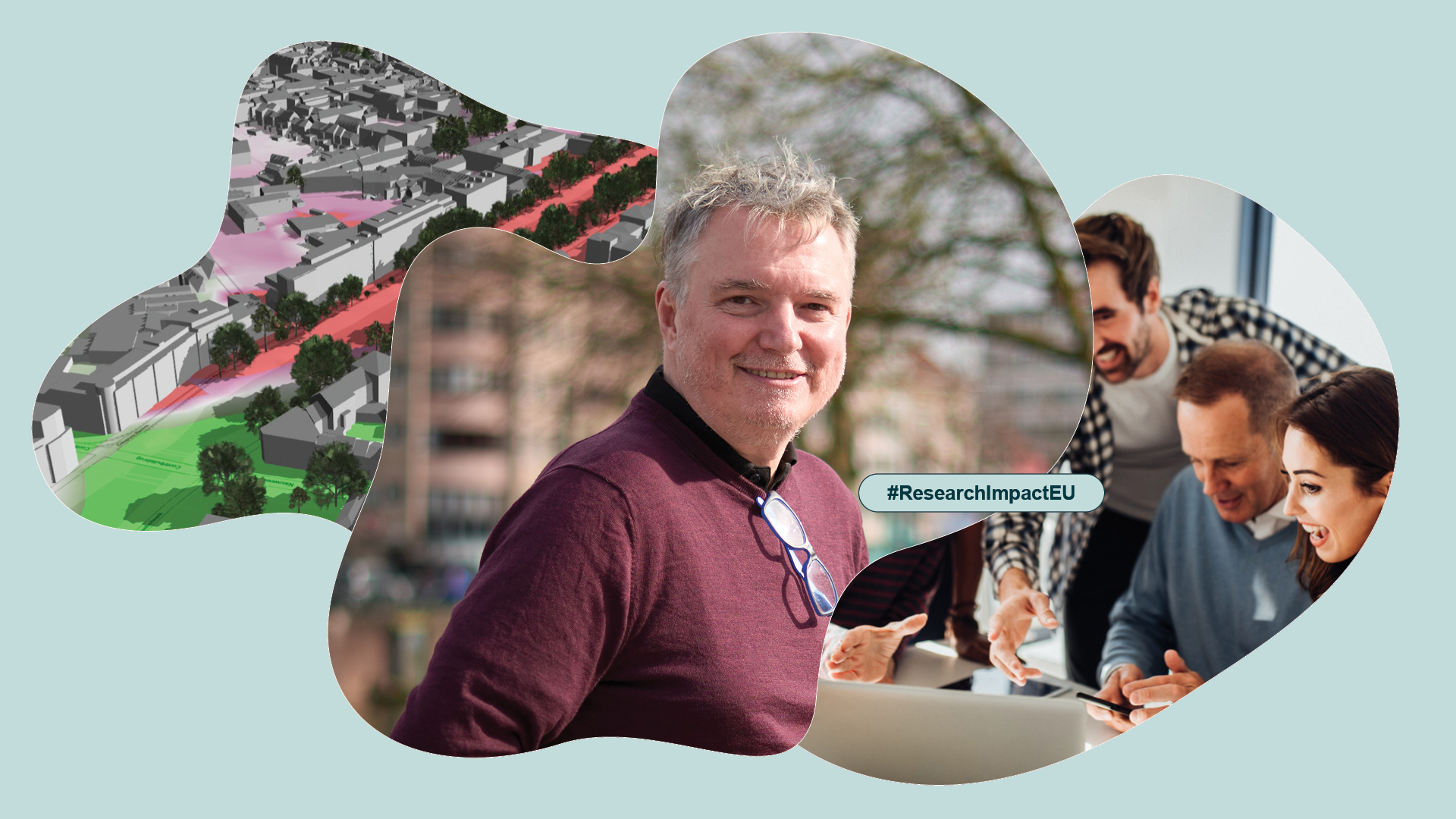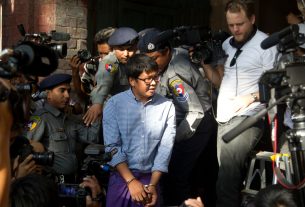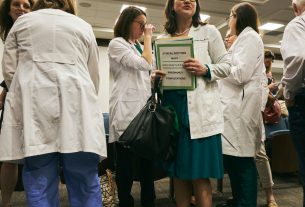|
Getting your Trinity Audio player ready...
|
English version, Nederlandse versie
Decisions linked to policy should not be based on gut feelings
Carrying out roadworks, making a new pedestrian area, or closing a road bridge changes the flow of vehicles in a city, and can mean increasing the traffic, as well as the air and noise pollution level, which has a negative impact on the lives of locals. However, it is not always possible to know exactly how these changes will play out. Whereas previously these estimates were based on gut decisions, they can now be backed up by real data.
In Ghent, Vervaet and his team at the Duet project have developed a digital replica of the city that allows urban planners to test out different scenarios and make decisions about traffic and pollution that will have the best outcomes for residents. This means that the congestion, noise and air pollution that we often associate with urban life are no longer as inevitable as we might think.
By developing a tool that brings together data and scientific modelling, Vervaet and his team have made it possible to try out different ‘what if’ scenarios and explore the impact of different actions on traffic and air pollution in urban areas.
Known as a ‘digital twin’, this tool is designed to enable local policymakers in Ghent (Belgium), Pilsen (Czech Republic) and Athens (Greece) to make better-informed decisions for their cities. Now that the tool has proven to be very effective, the project’s team hopes that they will be able to soon be put to use in other cities, too.
Improving urban living
Making decisions based on real data and predications helps municipalities to achieve their goal of making their cities better suited to the needs of their citizens. As 75% of EU citizens live in urban areas, this approach can improve the quality of life of a huge number of people living in cities across the EU. The tool developed by Vervaet and his team is a perfect example of how initiatives applied at the local level can, if replicated, have a global impact on the fight against pressing challenges facing our societies.
“
Research and innovation are vital for the development of tools like DUET that improve our societies and the everyday lives of citizens.
Testing out scenarios in a digital simulation will also help cities save money: ‘it’s obviously much cheaper to do that in software than to build a bridge here, build a bridge there, and then combine the two.’
Citizens in the driving seat
While this makes the work carried out by city planners easier, it also has an immediate impact on the lives of citizens. Avoiding a traffic rush is beneficial both for drivers, who could take double the time to get to their destination, and residents, who could one day wake up and find that their quiet street has become a major thoroughfare because of nearby roadworks.
‘What would be the impact of closing that bridge – in one direction, in two directions, where is the traffic going to go?’. Vervaet argues that knowing the answer to these questions is key to making decisions that benefit everyone.
A novelty of this project’s approach comes from the fact that it can combine models. This means that information about traffic can be fed in and share predictions not only about air pollution but also factors that are connected to that, such as noise pollution.
Vervaet explains that ‘the models can talk to each other and that’s something that I had not seen before in other digital twins’, resulting in a multifunctional tool that can put complex data in a more understandable format for citizens who may be impacted by these decisions. As he puts it, ‘you really have to digest everything’ when it comes to presenting possible scenarios. Once information is clearly presented, it is easier to compare scenarios and decide what is best.
Through projects like this, the impact of research and innovation on society and citizens’ everyday lives becomes evident – through the development of tools, it’s possible to bridge the gap between the public and the vast amounts of data we have about cities.
Science, research and innovation: our secret ally
This research is part of the EU’s efforts to discover new ways to prepare for climate change, protect our oceans and waters, and fight cancer. Together, EU countries can work more effectively, by pooling funding and expertise from around the world, coordinating international efforts, and benefitting from local knowhow.
Thanks to EU investments, it is possible for international research collaboration to address challenges too big to be addressed by one country alone.
Join researchers on a mission to protect our planet and society, by sharing, liking and following the stories of #ResearchImpactEU.



